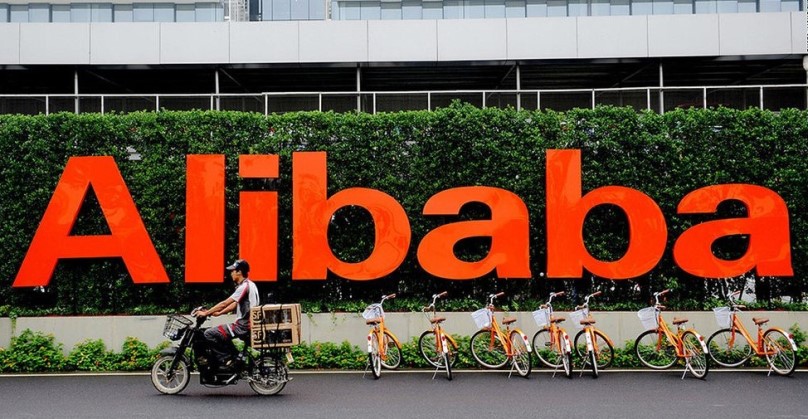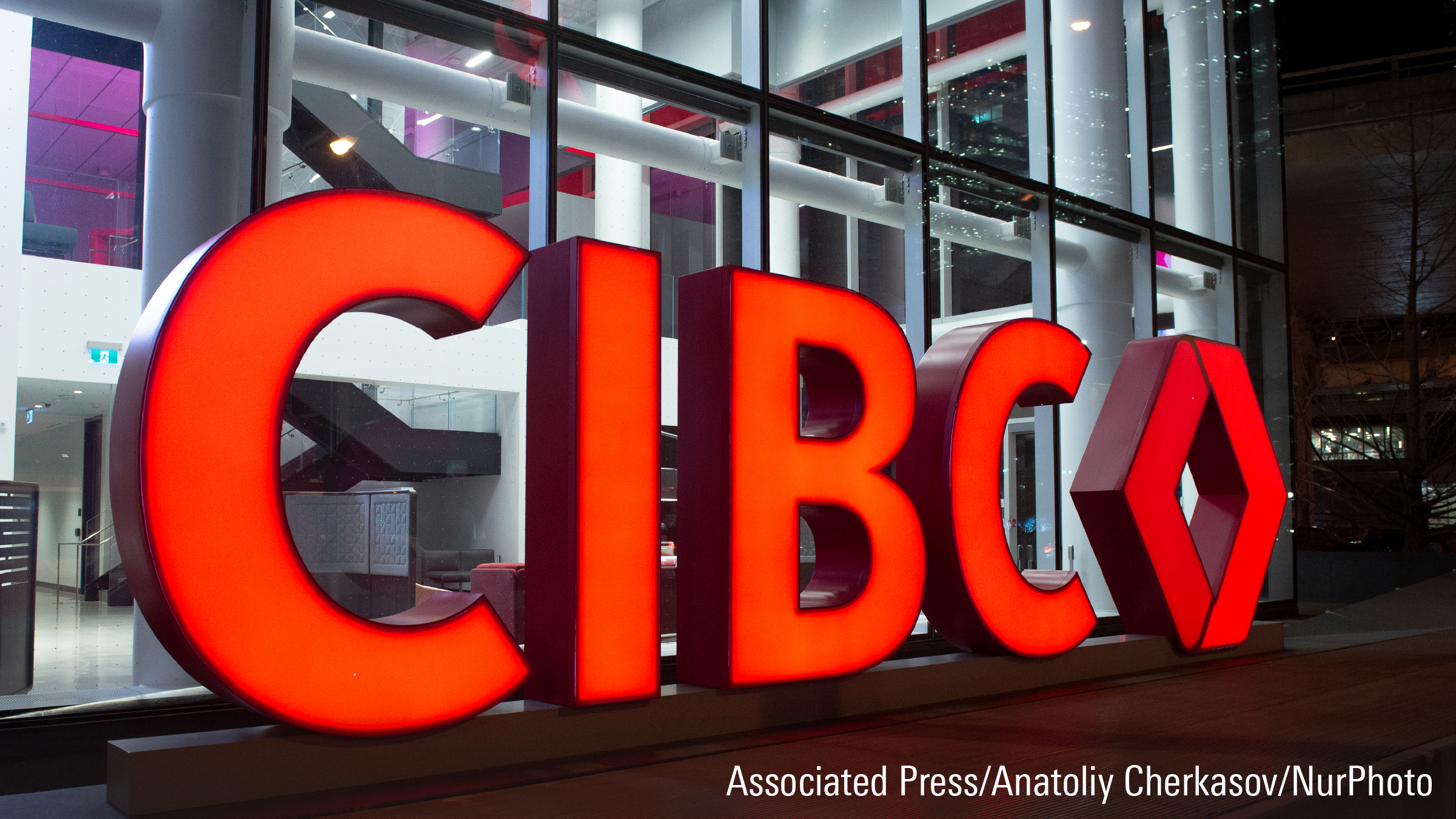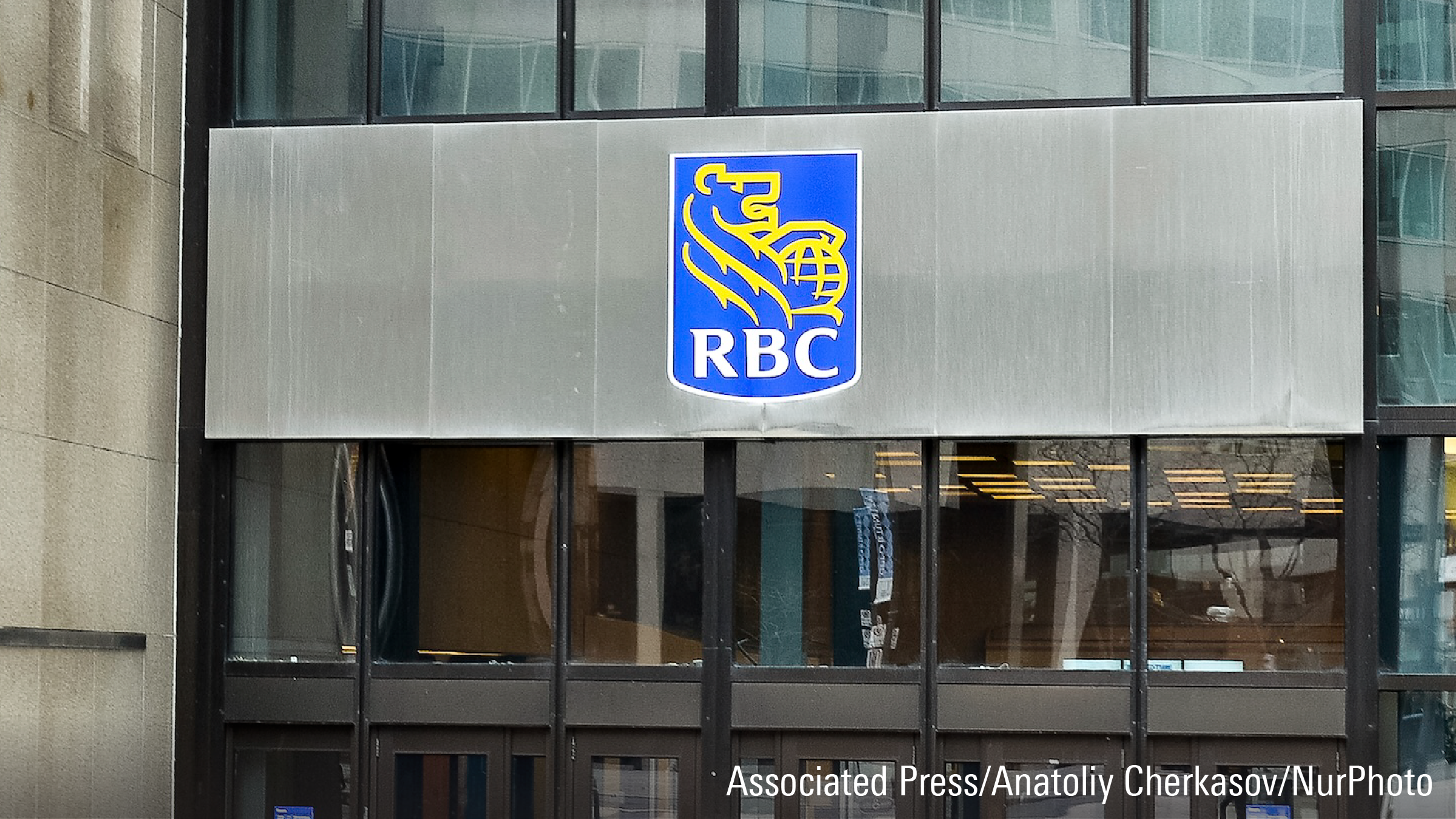:quality(80)/cloudfront-us-east-1.images.arcpublishing.com/morningstar/D72C2ABHNRGTJHVPQ5FG5Z7UHE.jpg)
Companies worldwide are generating more of their revenues from outside their home markets than ever before. As a result, investors may wonder why they should invest in international stocks as more U.S. companies benefit from global growth. We sat down with Morningstar Indexes strategist Dan Lefkovitz for a quick rundown of his new paper, Global Equity Markets Grow Even More Global, and what the implications are for investors.
Susan Dziubinski: You recently authored some new research examining the revenue streams of nearly 8,000 companies around the globe. Your goal was to find out how much revenue companies were generating outside of their home markets. Why the undertaking?
Dan Lefkovitz: In equity investing, we tend to think about geographic exposure in a one-dimensional way: Where’s a company based? Looking at revenue sources adds a new dimension to our understanding. It can illuminate both risk and opportunity. Morningstar collects geographic segment data reported by thousands of companies across the world, and we can aggregate that data to the national equity market level using Morningstar country indexes. This helps answer questions like:
- How national are national markets?
- Where do they source their revenues?
- How have they changed over time?
Dziubinski: You found that revenue streams of companies around the world are, in general, becoming more global. Delve into that.
Lefkovitz: We started conducting this study in 2019—pre-pandemic. Over the past several years, we’ve seen markets become increasingly global in their revenue sources. That runs counter to the narrative that the pandemic and geopolitics are turning countries inward. For example, the Morningstar US Market Index is only 61% U.S.-based from a revenue perspective, compared to 66% in our 2019 study. Japan, most of Western Europe, Canada, and Australia all source a larger share of revenues from outside their home markets. According to our estimates, many European equity markets earn more in revenue from the U.S. than they do at home.
Ruth Saldanha: What does increased globalization mean for home country bias?
Lefkovitz: Globalized revenue sources are an argument for investing across markets, to capture the full spectrum of opportunity. When you only invest in local assets, you neglect not just leading global businesses, but also some of the leading businesses operating in your home market.
Dziubinski: You note in your paper that the revenue globalization trend is most pronounced among developed countries and less pronounced among emerging markets. Why is that?
Lefkovitz: Europe is home to many multinational companies. If you think about Nestle of Switzerland, Louis Vuitton Moet Hennessy of France, Denmark’s Novo Nordisk, or Shell and BP of the U.K., these companies do business across the globe. In the U.S., companies like Apple, Meta, Alphabet, and Microsoft are global players. Some of the biggest constituents of the Morningstar Japan Index are Toyota and Sony.
On the flipside, emerging markets tend to have fewer multinationals. The Chinese equity market is dominated by local players. Banks, telecoms, and utilities are common atop emerging market indexes, and they tend to be domestically focused. There are some exceptions: Tech companies in India, South Korea, and Taiwan, and Brazil’s natural resources exporters.
Dziubinski: Other research has shown that the correlations between U.S. stocks and non-U.S. stocks have risen over the past two decades. Is the trend of globalizing revenue the reason why international stocks, as a group, have been less effective portfolio diversifiers for U.S.-based investors than they’d been in the past?
Lefkovitz: Globalizing revenue sources have likely contributed to equity markets moving in lockstep. Developed markets, which are the most globalized, are more correlated with each other than emerging markets are with developed markets. To bring this concept to life, think about biopharma companies. Whether they’re based in the U.S., France, Switzerland, or Japan, they are exposed to many of the same forces. On the flipside, a bank in Indonesia and a bank in Canada don’t have much in common.
Saldanha: What does geographic portfolio diversification look like for investors?
Lefkovitz: It certainly complicates the picture when it comes to diversification. As markets have become more intertwined, lines blur between the “domestic” and “foreign” sections of a portfolio. Globalized revenue sources have likely contributed to equity markets moving more in sync. But that’s more the case for developed markets than emerging. As our study shows, emerging markets tend to be far more domestically oriented. Unsurprisingly, they have also been less correlated with developed markets. But from a diversification perspective, that makes emerging markets quite interesting.
Dziubinski: If U.S. companies are generating more and more of their revenues from outside of the U.S., should investors even bother investing in international stocks? Put another way, are investors already getting exposure to international growth by owning U.S. companies?
Lefkovitz: I like to invert this logic. If I neglect international stocks, I lack exposure to some of the leading businesses in the U.S. market. I live in the U.S., but my kids play Nintendo on a Samsung TV; I fill up my Japanese car at a British gas station; I fuel myself with a Swiss coffeemaking machine, then go running in German shoes. In investing, it makes sense to broaden the opportunity set to the fullest. There are unique companies, industries, and growth drivers that you can’t get access to through a purely domestic portfolio.























